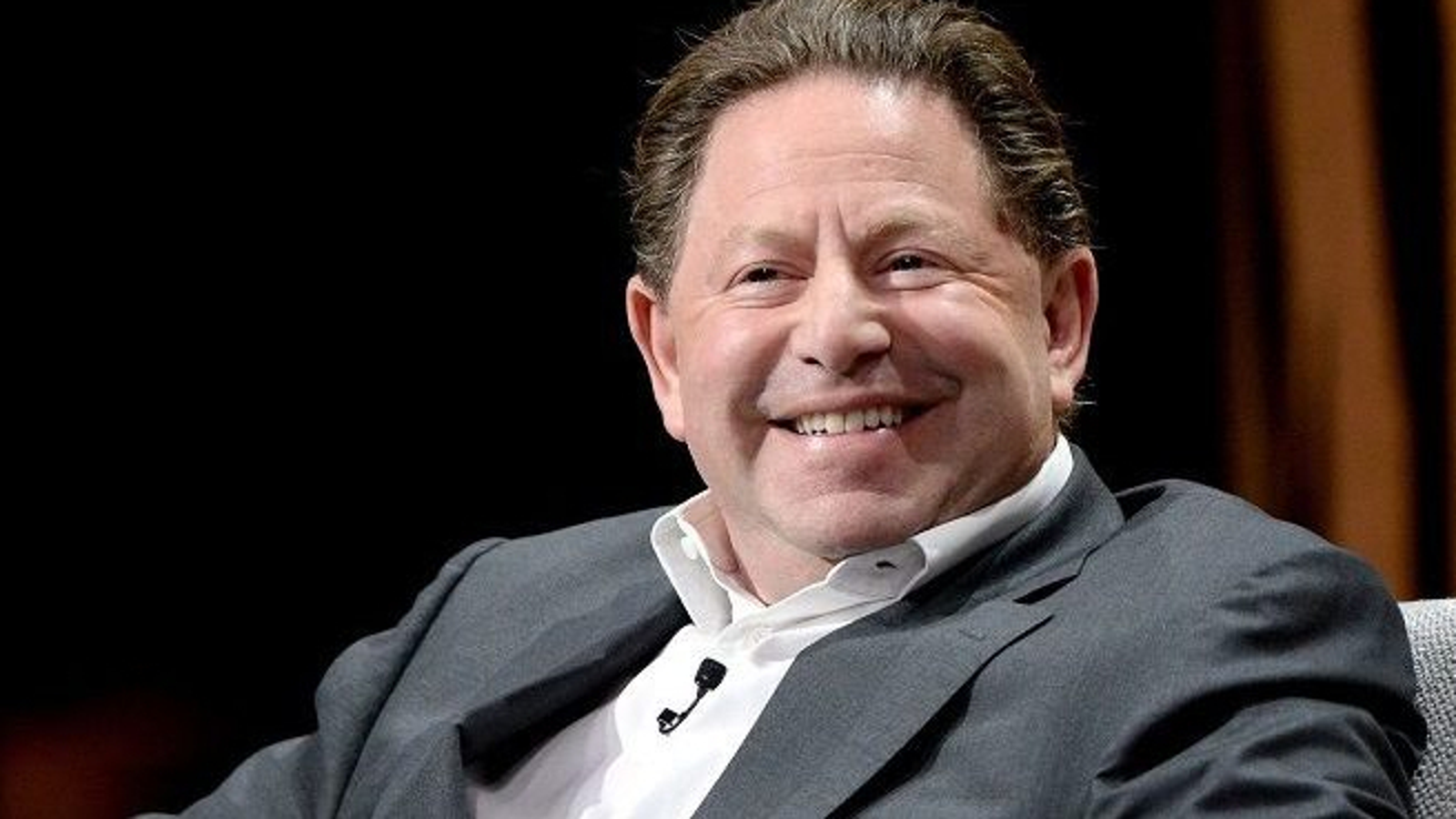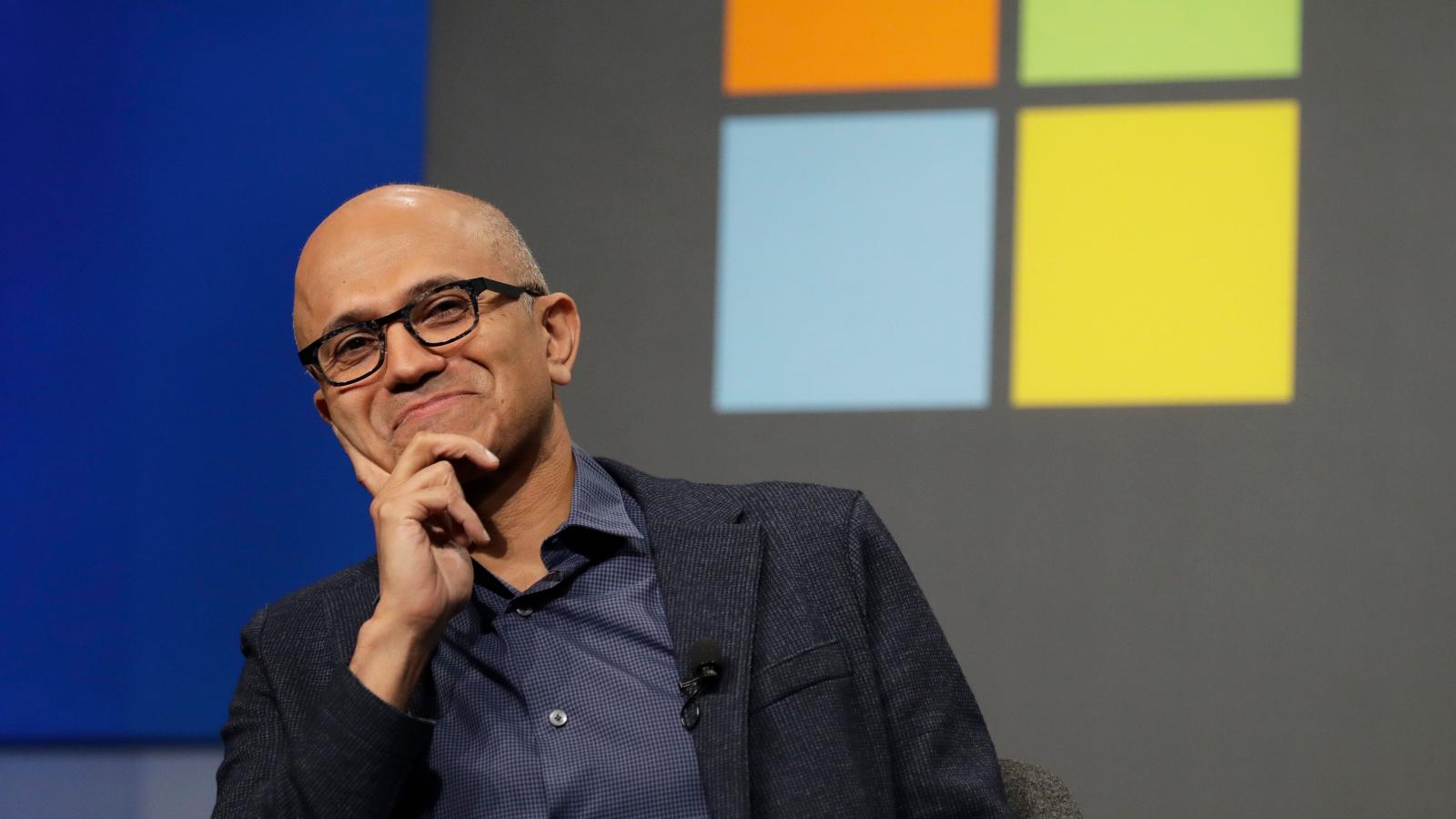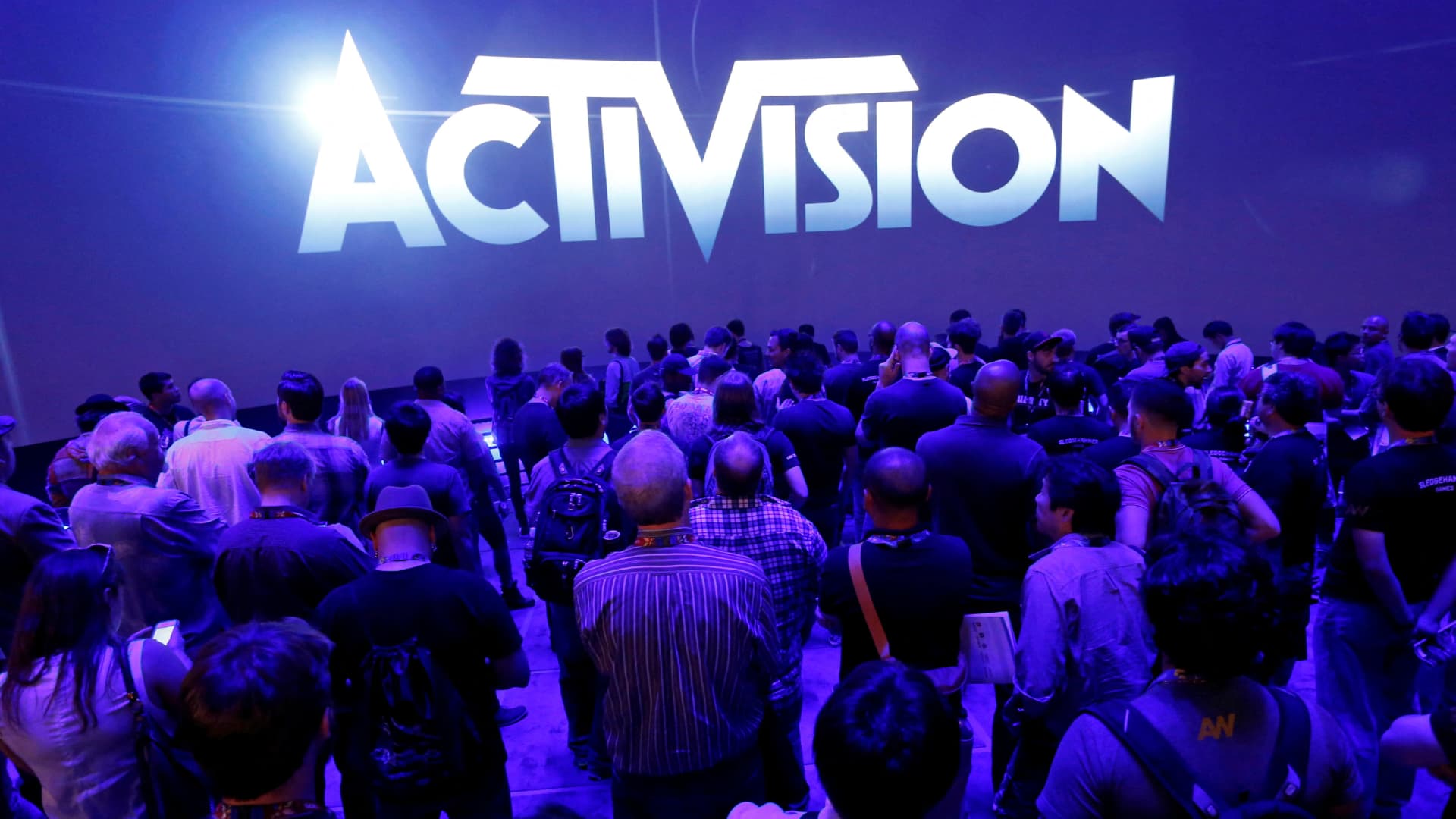Activision CEO says gamers would ‘revolt’ if ‘Call of Duty’ were made exclusive:
Activision Blizzard’s CEO, Bobby Kotick, appeared before a federal judge on Wednesday, advocating for Microsoft’s approval of the company’s acquisition for a whopping $69 billion. Kotick addressed concerns that the deal could lead to the exclusivity of the popular game “Call of Duty” on a single platform, which critics feared might happen under Microsoft’s ownership. He emphasized that such a move would alienate the enormous player base of approximately 100 million monthly gamers.

Kotick asserted that removing “Call of Duty” from the PlayStation platform, owned by Sony Group, would have severe repercussions for Activision’s business. He went on to stress that this decision would not only be detrimental to their company but would also spark a revolt among the game’s passionate fan base.
The Federal Trade Commission (FTC) intervened in the acquisition process, requesting a temporary halt for their in-house judge to assess the case. It has been a common practice for the losing side in federal court to concede, leading to the abandonment of the in-house proceedings.
Throughout the trial, much of the testimony has centred around the impact of the “Call of Duty.” The game has succeeded tremendously, becoming among the highest-grossing video games ever. Currently available on various platforms, including smartphones, multiple consoles, and desktop computers, its wide accessibility has contributed to its popularity.
The fate of the Microsoft acquisition hangs in the balance as the judge weighs the arguments presented by both sides. The potential implications of an exclusive “Call of Duty” release on a single platform are at the forefront of the discussions. As the trial progresses, the gaming community eagerly awaits the outcome, mindful of the potential consequences for their favourite franchise.
During the trial, the CEO of Activision Blizzard, Bobby Kotick, revealed that he had contemplated releasing “Call of Duty” on Nintendo’s Switch console. However, he ultimately decided against it, believing that the Switch would not garner significant sales. Kotick acknowledged this as a misjudgment, recognizing that his decision may not have been the best.
Later in the day, Microsoft CEO Satya Nadella was scheduled to appear as a witness before Judge Jacqueline Scott Corley in federal court. Nadella’s testimony was expected to shed further light on Microsoft’s perspective and intentions regarding acquiring Activision Blizzard.
The Federal Trade Commission (FTC), responsible for enforcing antitrust laws, has adopted a more rigorous approach towards mergers under the Biden administration. The FTC has expressed concerns that the proposed acquisition would grant Microsoft, the creator of the Xbox console, exclusive control over Activision games, potentially marginalizing Nintendo and Sony Group. The agency argues that such exclusivity could harm competition and consumer choice in the gaming industry.

As the trial continues, the judge will closely evaluate the FTC’s concerns and the impact on competition. The outcome of the case will have significant implications for the parties involved and the broader landscape of the gaming industry.
To mitigate antitrust concerns surrounding the acquisition of Activision Blizzard, Microsoft has proposed a proposal to license the top-rated game franchise, “Call of Duty,” to its competitors. Microsoft aims to address potential exclusivity issues and promote a more open and competitive gaming environment by making this offer. The company argues that it would be advantageous to license the games to a broader range of platforms and publishers financially.
While the proposed deal has obtained approval from numerous jurisdictions and regulatory bodies in various countries, it has faced opposition from the United States Federal Trade Commission (FTC) and the Competition and Markets Authority in the United Kingdom. These regulatory agencies have taken a more sceptical stance toward the merger, expressing concerns about the potential impact on competition and consumer choice within the gaming market.
Microsoft’s licensing proposition is an attempt to assuage these concerns. By offering to make “Call of Duty” available to rivals, the company aims to foster a more level playing field and ensure that gamers can access the game across multiple platforms. This move could potentially address the concerns raised by the FTC and the Competition and Markets Authority, as it would prevent Microsoft from gaining exclusive control over Activision’s games, thus preserving competition in the industry.

The licensing approach also aligns with Microsoft’s broader strategic objectives. The company asserts that it would be financially advantageous to license “Call of Duty” to all interested parties rather than limiting its availability to a single platform. By expanding the game’s reach, Microsoft can tap into additional revenue streams and leverage the existing fan base of the franchise.
While the acquisition has garnered approval from many jurisdictions, the opposition from the FTC and the Competition and Markets Authority indicates that the regulatory scrutiny is still ongoing. These agencies are tasked with safeguarding competition and consumer interests and closely examining the potential ramifications of the merger. The outcome of the acquisition will largely depend on how these concerns are addressed and whether Microsoft’s licensing proposal is sufficient to alleviate antitrust worries.

ThePrint assumes no responsibility for the accuracy or completeness of the content. The ongoing legal proceedings and regulatory decisions will ultimately determine the fate of the Microsoft-Activision Blizzard deal and its implications for the gaming industry.